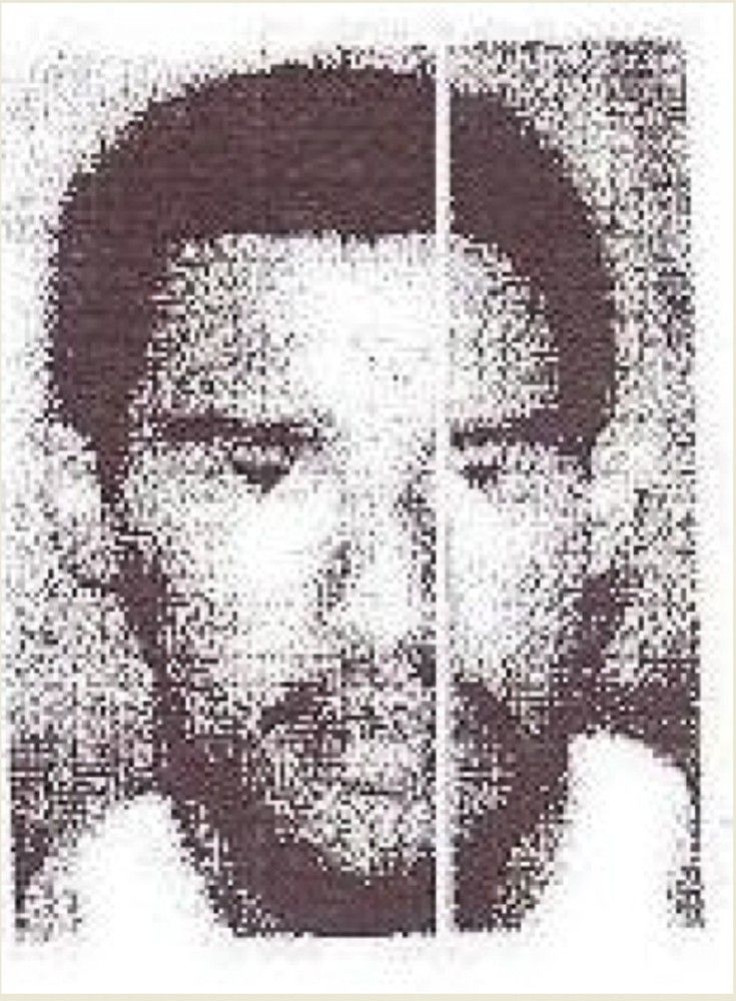Al-Qaida Leader Planning to Attack U.S. Ships Arrested in Pakistan

Sheikh Younis al-Mauritani, a senior al-Qaida leader and Osama bin Laden confidant, was arrested in a joint operation by the Pakistan military and the CIA, the Pakistan army said Monday.
Mauritani was arrested with two other al-Qaida operatives -- Abdul Ghaffar Al Shami (Bachar Chama) and Messara Al Shami (Mujahid Amino) -- in the city of Quetta near the Afghan border, the military said without giving a date.
The trio were caught just before they were to set off for an African destination from which they were to execute attacks on U.S. targets, including strikes on ships and oil tankers, with the help of explosive-laden speedboats in international waters, the newspaper Dawn reported.
This operation was planned and conducted with technical assistance of the United State Intelligence Agencies with whom Inter-Services Intelligence has a strong, historic intelligence relationship. Both Pakistan and United States Intelligence agencies continue to work closely together to enhance security of their respective nations, the Associated Press quoted a military statement in its report.
The U.S. has said it doesn't know of any specific al-Qaida plot to attack the U.S. ahead of Sept. 11.
The arrests came as the third biggest blow to the terrorist group after the killings of Osama bin Laden on May 2 and second in command Atiyah Abd al-Rahman on Aug. 22.
U.S. Defense Secretary Leon Panetta in July said that al-Qaida was close to defeat, but that the U.S. needed several more successful attacks to take out the last remaining key leaders.
Among the 10 to 20 al-Qaida leaders remaining at large is Ayman al-Zawahiri, an Egyptian who succeeded bin Laden. The U.S. believes he is hiding in Pakistan's Federally Administered Tribal Areas along the Afghan border.
Zawahiri is one of those we would like to see the Pakistanis target, along with our help, Panetta said.
© Copyright IBTimes 2024. All rights reserved.











